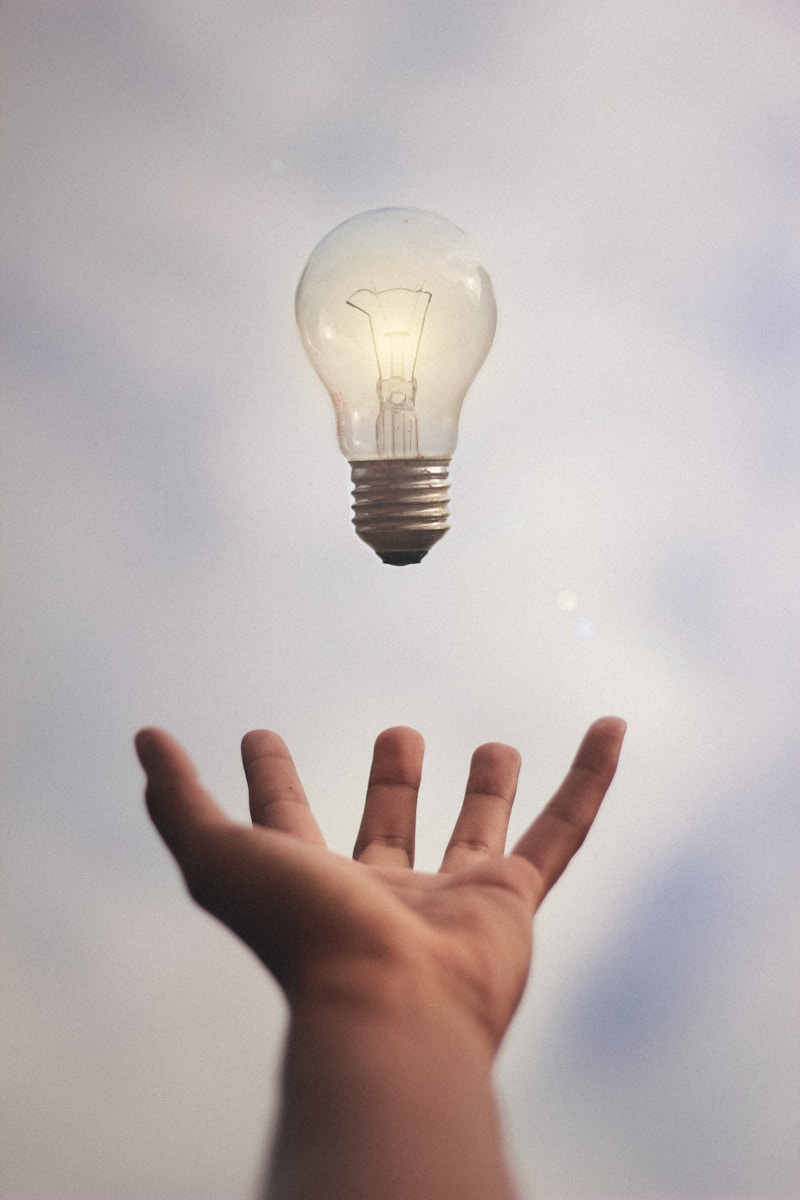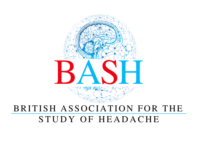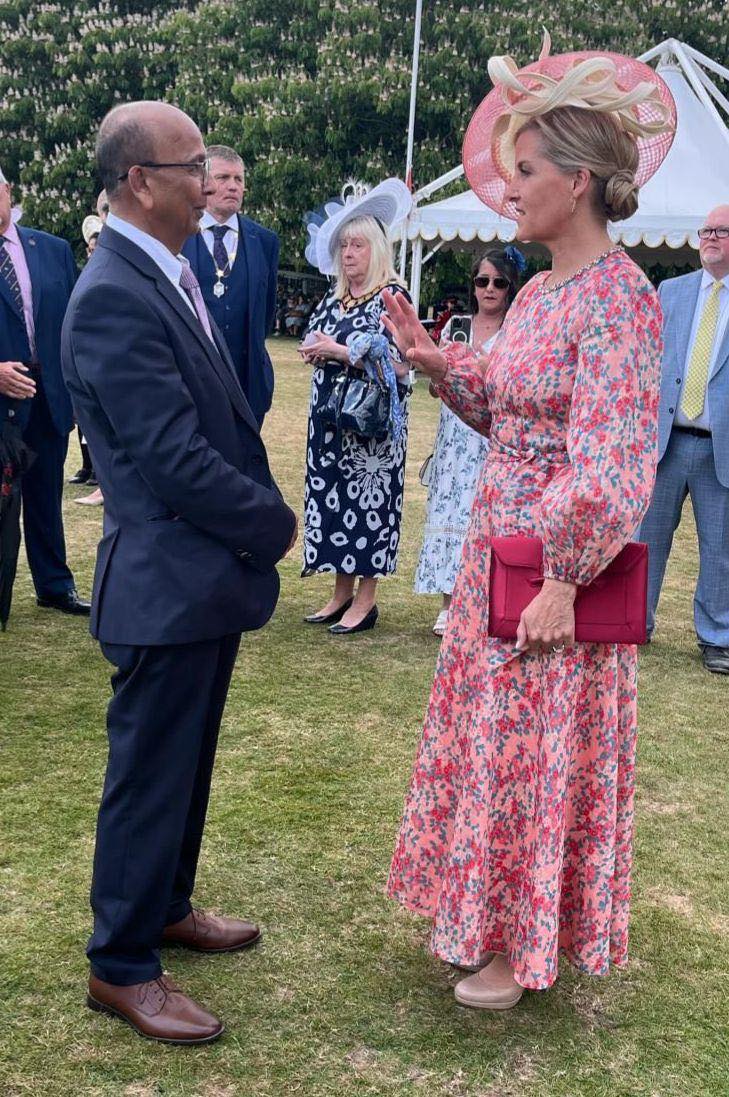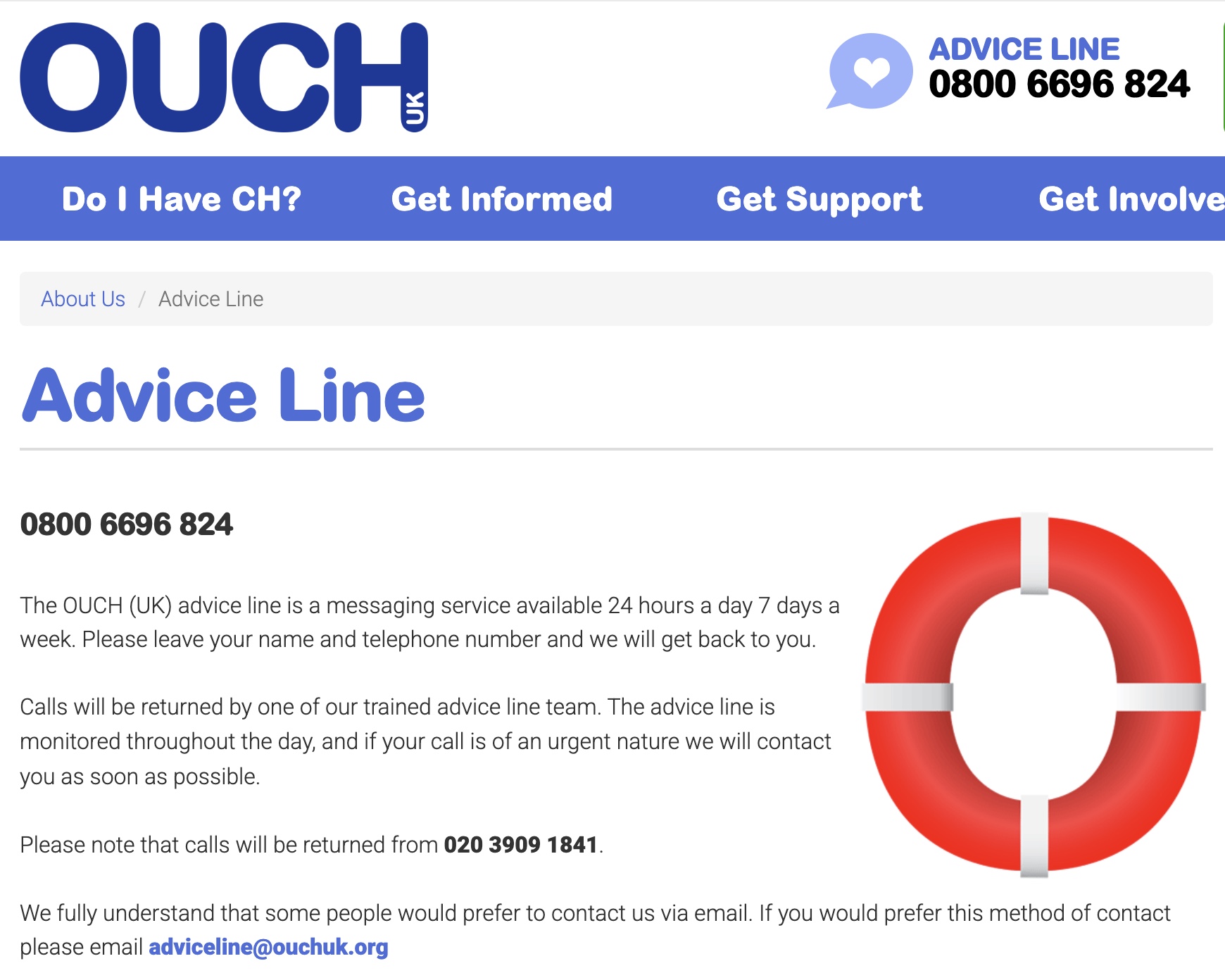Dr Lomalan Reddy has been inspired to ask patients with migraine about insomnia after attending a recent course.
Insomnia used to be a word, which when uttered by my patients, would lead to a sinking of my heart (I have heard it said that there are no such things as “heartsink patients”, just clinicians whose hearts sink, when they don’t know what to do with a particular patient)
But my heart would dip nonetheless when a sleep issue aside from sleep apnoea came my way. I would then offer the only advice that I had in my sleep toolbox - the well-rehearsed patter of sleep hygiene. After giving this information, I would hold my breath for a short pause, hoping desperately that the patient wouldn’t say that they had done all of this already.
Learning about insomnia is inspiring
Last year, fortune and fate led me to attending a brilliant masterclass on insomnia…and my world expanded. I learned that my 10 year old child’s stubborn sleep issues were not just going to go away in time, that all the sleep hygiene advice I had been giving for 14 years was useless if given in isolation, and that the short term z-drug scripts I was giving out in desperation, were not going to work either.
The range of clinicians that I heard from talked fervently about CBT for insomnia(CBT-I), which I had not heard of before, and it intrigued me.

I asked around locally in my area of work and even referred someone to a sleep clinic with insomnia – but the provision for insomnia management is sparse in most places. Whilst I loved listening to the enthusiasm of super-specialist somnologists talk about insomnia, in my heart, I knew that my patients are very unlikely to ever see one.
In searching to learn more, I discovered the Oxford CBT-I masterclass, which I have attended recently.
And it was enlightening!
A highly recommended course with practical tips
This is one of the most practical courses I have ever attended. It starts with an explanation of sleep physiology, and more importantly how to practically explain this to patients in the clinic. Then, it moves onto an explanation of the current understanding of insomnia with its burdens and consequences. The programme moves on to describing each component of CBT-I in detail - this information is presented in a how-to-do-it-yourself-in-clinic format, which empowers you to be able to employ it yourself. At the end there are some patient case studies which are discussed in small groups for you use your new found powers to produce solutions for each patients’ sleep problem.
This course has built further foundations in my knowledge of insomnia and it’s key treatment – CBT-I. I now have the tools to understand all the components of standard CBT and have been implementing it in small chunks in both of my roles as a GP and a GP with special interest in headache.
My heart now lifts when I hear the word insomnia, because I now see it as a disease in its own right, rather than a mere symptom of other conditions, and I have a toolbox bursting with options that I can actually offer.

In my headache clinics, I no longer merely accept that a patient’s sleep is poor - Now, I try to understand what the sleep problem might be, and work out whether CBT-I might be beneficial.
There are digital CBT-I resources eg. Sleepio, which can deliver CBT-I at scale. However, I believe merely sending patients a link to digital CBT-I resources, without explaining what their problem actually is, and how sleep works, is a recipe for a high failure and drop out rate.
So, I now invest some time in explaining this briefly in the headache clinic, to set the scene for what digital CBT-I will offer.
As a headache clinician, I know how crucial sleep is for migraine care – so good sleep management in my clinics is not optional anymore.”
Dr Lomalan Reddy
GPwER in Headache and Epilepsy
Bradford community headache and epilepsy services
For more useful resources to signpost your patients to, have a look at our GP area here and scroll down or our Useful links page here




